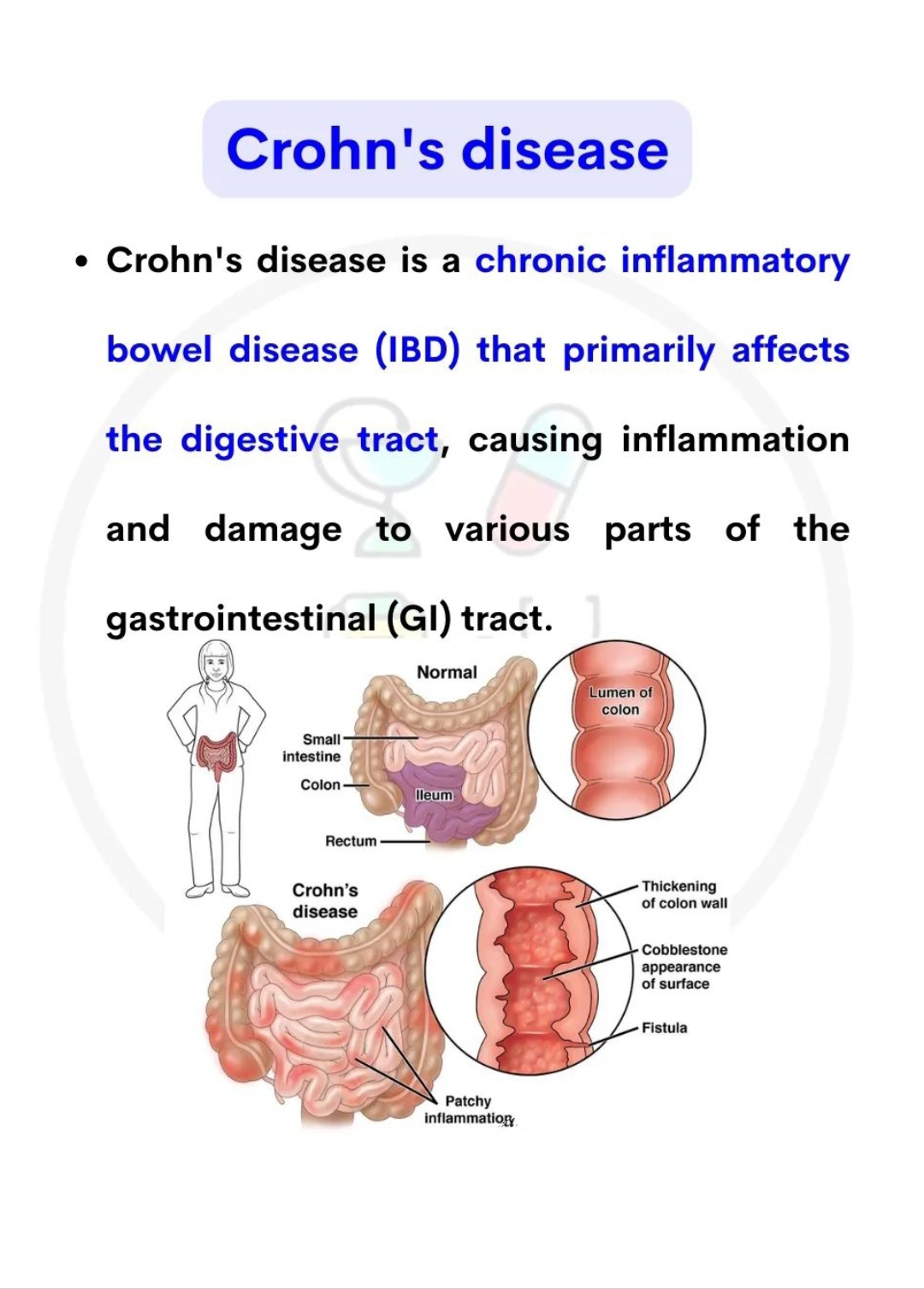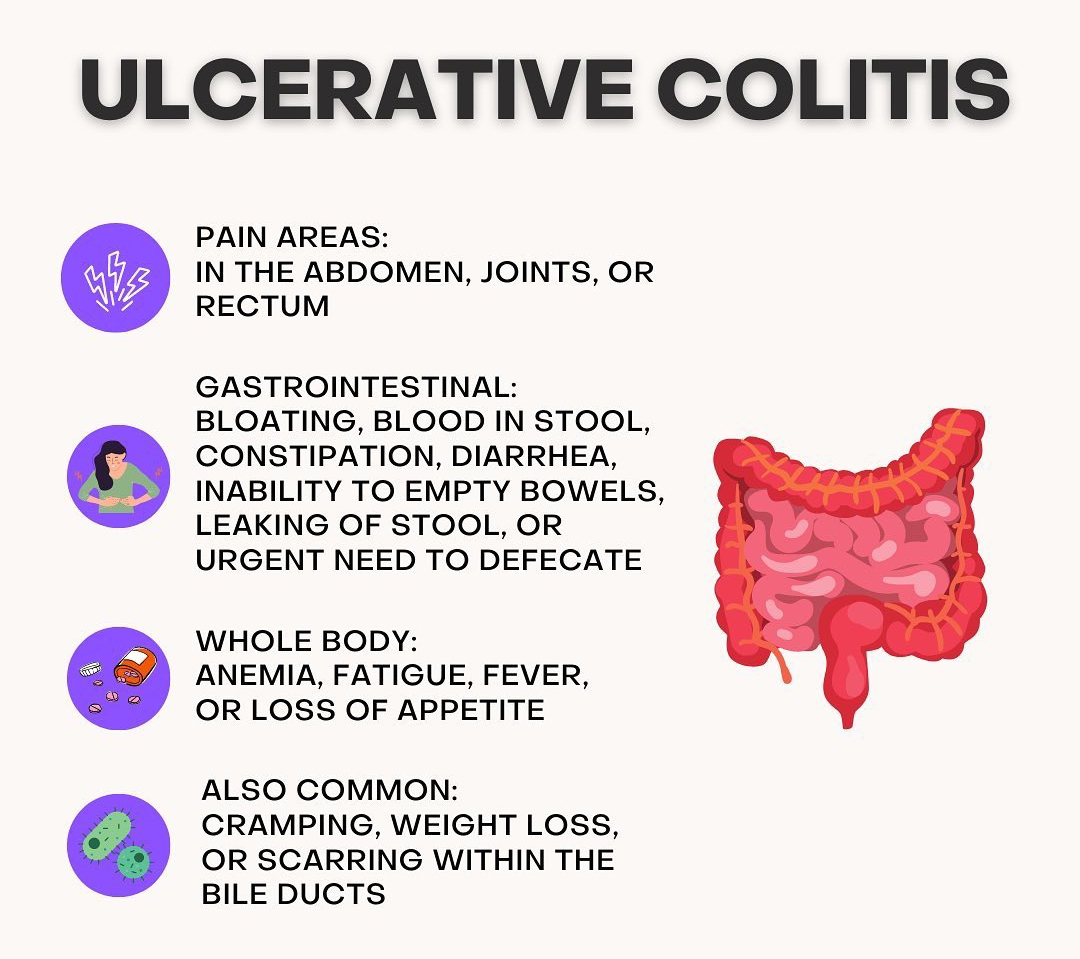Table of Contents
Overview
Anti-inflammatory diets have gained popularity due to their ability to lower the risk of illness and alleviate symptoms brought on by stress. An anti-inflammatory diet may help alleviate certain symptoms of irritable bowel syndrome (IBS), as it is believed to be linked to gut inflammation. So what kind of diet reduces inflammation the best? We’ll begin to figure it out with a medical professional’s assistance.
There is no known exact etiology for IBS, although dietary intolerances, stress, and irregular bowel contractions are considered potential causes. Bloating and intestinal discomfort are signs of inflammation in the gut that can occur either before or after the triggers as part of an inflammatory reaction.An individual’s life may be restricted to varied degrees by this uncomfortable and humiliating condition.
And it’s crucial. The trigger for one person may not be the same for another because every individual is unique. As such, the anti-inflammatory diet that works for one individual may not work for another. To determine how to utilize nutrition to start along the road to recovery, it is crucial to consult with a qualified dietitian.
Many people suffer with irritable bowel syndrome (IBS), a chronic illness that is quite common. The digestive system is the primary challenge that individuals with IBS encounter. They might not be able to fully digest everything since their stomach is sensitive to particular meals. They must thus carefully consider their nutrition.
The incorrect meal may result in symptoms such as cramping and pain in the abdomen, bloating and discomfort, nausea, altered bowel habits, diarrhea, constipation, excessive gas, feeling ill, and heartburn. What items, then, do you need to include in your diet on a regular basis to manage inflammation?
Here are the 10 Best foods for IBS Patients (Anti-Inflammatory Diet
- Leafy greens: Antioxidant-rich spinach, kale and Swiss chard can help lower inflammation.
- Fatty Fish: Omega-3 fatty acids which have anti-inflammatory qualities, are found in salmon, mackerel and sardines.
- Berries: Strawberries, raspberries, and blueberries are rich in fiber and antioxidants.
- Turmeric: Packed with potent anti-inflammatory properties, curcumin is found in this spice.
- Ginger: renowned for its digestive and anti-inflammatory properties.
- Chia seeds: High in fiber and omega-3 fatty acids, which improve gut health and decrease inflammation.
- Bone broth: Rich in nutrients such as collagen, which promote intestinal healing and lower inflammation.
- Avocado: Rich in anti-inflammatory properties and good fats.
- Sweet potatoes are typically well-tolerated and a wonderful source of antioxidants and fiber.
- Oats: Rich in soluble fiber whole oats help improve digestion and lower inflammation.

FAQs Frequently Asked Questions
What is an Anti Inflammatory Diet?
Eating foods that lessen inflammation in the body is the main goal of an anti inflammatory diet. For those with IBS this may be helpful because inflammation can occasionally make symptoms worse. Usually the diet consists of:
Fruits and vegetables:Packed with fiber and antioxidants these foods can help lower inflammation. Strive for a range of hues and varieties including cruciferous veggies, leafy greens and berries.
Whole Grains: Oats, brown rice and quinoa are healthy choices that are high in fiber and vital minerals.
Good Fats: Nuts, avocados and olive oil are good sources of healthy fats that can help lower inflammation.
Lean Proteins: Fish, poultry and plant based proteins like lentils are usually well tolerated when they are skinless.
Herbs & Spices: Anti inflammatory qualities can be found in garlic, ginger and turmeric.
Frequently Asked Questions
What Should I Avoid?
Processed foods: Frequently rich in additives, harmful fats and sweets that aggravate IBS symptoms.
Red and processed meats:For some people this might cause inflammation and be difficult to digest
Overindulgence in alcohol and caffeine: These might cause digestive tract irritation.
Foods High in Fermentable Oligosaccharides, Disaccharides, Monosaccharides and Polyols
(FODMAPs): Foods high in FODMAPs have the potential to worsen the symptoms of irritable bowel syndrome.Dairy products some fruits and vegetables and sweeteners like high fructose corn syrup fall under this category.
What is the Low FODMAP Diet ?
For those with IBS the Low FODMAP diet is frequently advised and entails:
Removing items High in FODMAPs: You can temporarily cut out items high in FODMAPs from your diet.
Reintroducing Foods: Reintroduce these foods one at a time gradually to see which ones make you sick.
How Can I Combine the Anti Inflammatory and Low FODMAP Diets ?
It can be beneficial to combine these diets:
Start with the Low-FODMAP Diet: Cut out foods high in fructooligosaccharides (FODMAPS) and concentrate on adding low FODMAPS anti inflammatory items.
Determine Food Triggers:To identify particular foods that cause problems use a process of elimination and reintroduction. Make sure to stay away from those and prioritize anti-inflammatory foods.
Are There Specific Supplements That Can Help ?
Supplements can help some people find relief but it’s essential to speak with a doctor before beginning any:
Probiotics: May aid in the microbial equilibrium of the gut.
Fish oil contains omega-3 fatty acids which have anti-inflammatory qualities.
Curcumin sometimes known as turmeric has anti-inflammatory properties.
What Role Does Hydration Play?
Maintaining enough hydration is essential for gut health. Water facilitates digestion and can help avoid constipation a typical problem for IBS sufferers.
Do I Need to Consult a Dietitian ?
Yes a qualified dietitian may offer you individualized guidance and assist in creating a diet plan that suits your unique requirements and symptoms of IBS.
How much time will it take to notice improvement ?
It may take some time for dietary adjustments to take effect. It could take many weeks to observe results particularly while you figure out which foods are most beneficial to you
For more health tips or any query click here
For fitness queries click here

Ankush Kumar is a professional content writer and the founder of Healthnick.com. He is a health and wellness enthusiast with a deep interest in nutrition, fitness and holistic living. Harish is committed to delivering research-based insights on various health topics. He enjoys exploring new trends in health, experimenting with nutritious recipes, and staying active.






